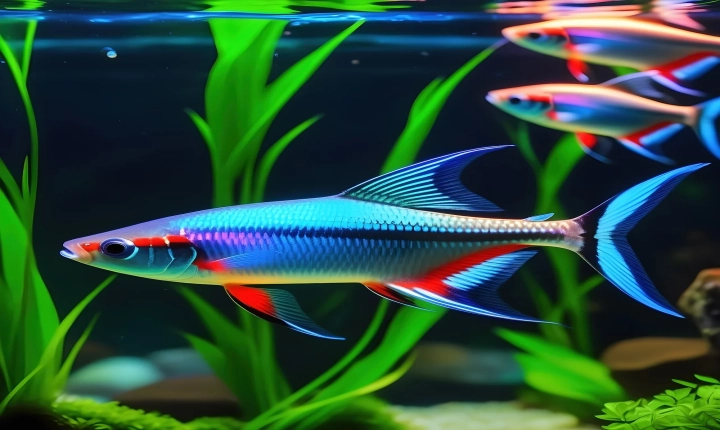Title: Can ChatGPT Write a Master’s Thesis?
In recent years, the rise of artificial intelligence has led to significant advancements in natural language processing. One such groundbreaking development is the creation of language generation models such as ChatGPT, which is capable of producing human-like text based on prompts provided to it. The question arises: can ChatGPT write a master’s thesis?
ChatGPT, developed by OpenAI, is an advanced language generation model that uses a technique called transformer architecture to understand and generate natural language text. It is trained on vast amounts of textual data and has the ability to generate coherent and contextually relevant responses to a wide range of prompts. These capabilities have sparked curiosity about the potential of ChatGPT to undertake more complex writing tasks, such as composing a master’s thesis.
When considering whether ChatGPT can write a master’s thesis, several aspects need to be taken into account. Firstly, the structure and rigor of a master’s thesis require the incorporation of well-researched content, critical analysis, and original insights. While ChatGPT can generate text that appears coherent and well-written, its ability to conduct in-depth research and formulate original arguments is limited by the data it has been trained on. Additionally, ChatGPT lacks the capacity for critical thinking and understanding of complex academic concepts that are essential for a master’s thesis.
Furthermore, a master’s thesis typically involves the integration of multiple sources, proper citations, and adherence to academic standards. ChatGPT’s lack of understanding of academic conventions and referencing systems raises concerns about its ability to produce work that meets the scholarly requirements of a master’s thesis.
Moreover, the ethical considerations surrounding the use of AI in academic research need to be addressed. While ChatGPT can generate text, the ownership and authenticity of the work pose ethical dilemmas. It is crucial to consider the implications of using AI-generated content in academic settings, particularly in terms of intellectual property and academic integrity.
In conclusion, while ChatGPT possesses impressive language generation capabilities, writing a master’s thesis requires more than just the ability to produce coherent text. The depth of research, critical analysis, and academic conventions involved in crafting a thesis surpass the current capabilities of AI language models like ChatGPT. As of now, the complexity and depth required for a master’s thesis are beyond the scope of ChatGPT’s capabilities. However, the ongoing advancements in natural language processing may lead to the development of AI systems with the potential to undertake more complex writing tasks in the future.
